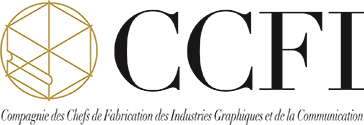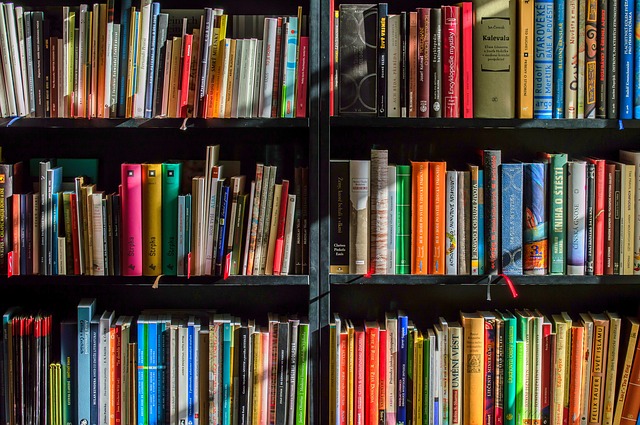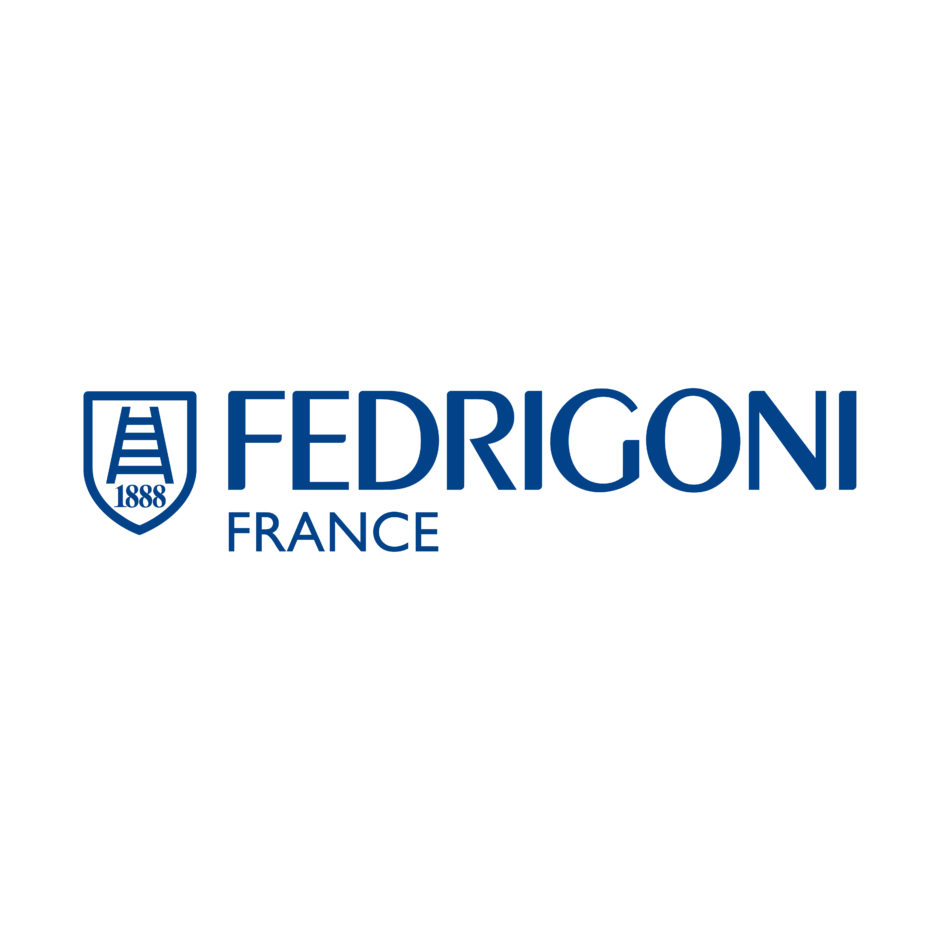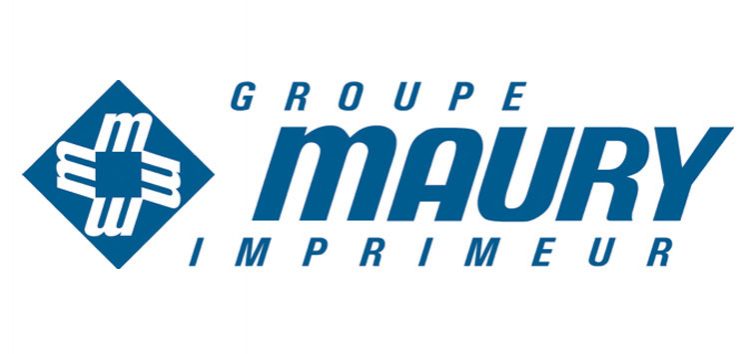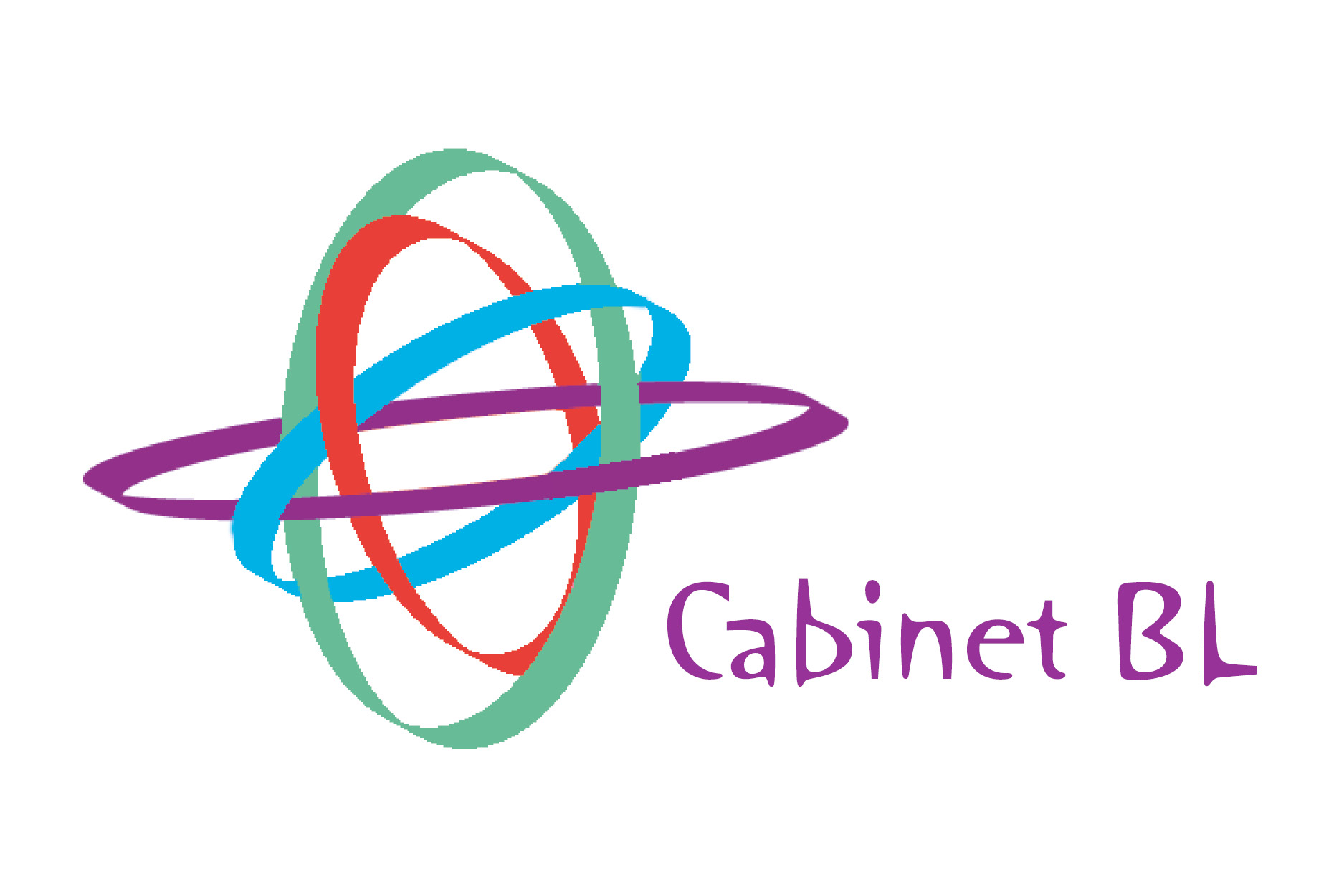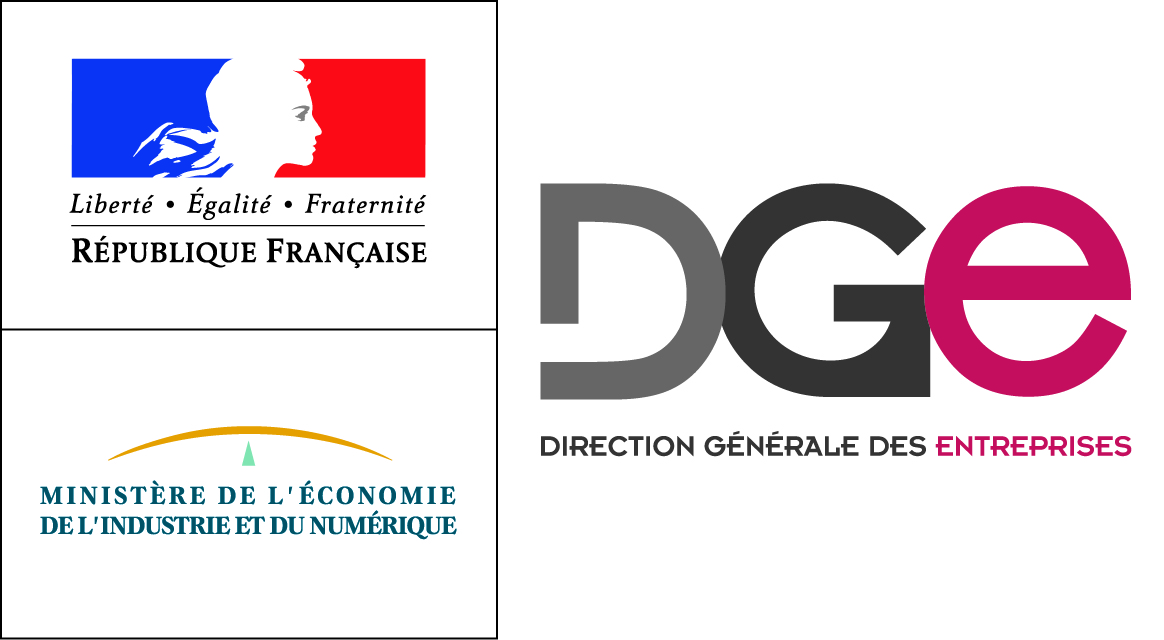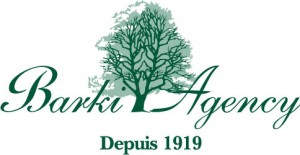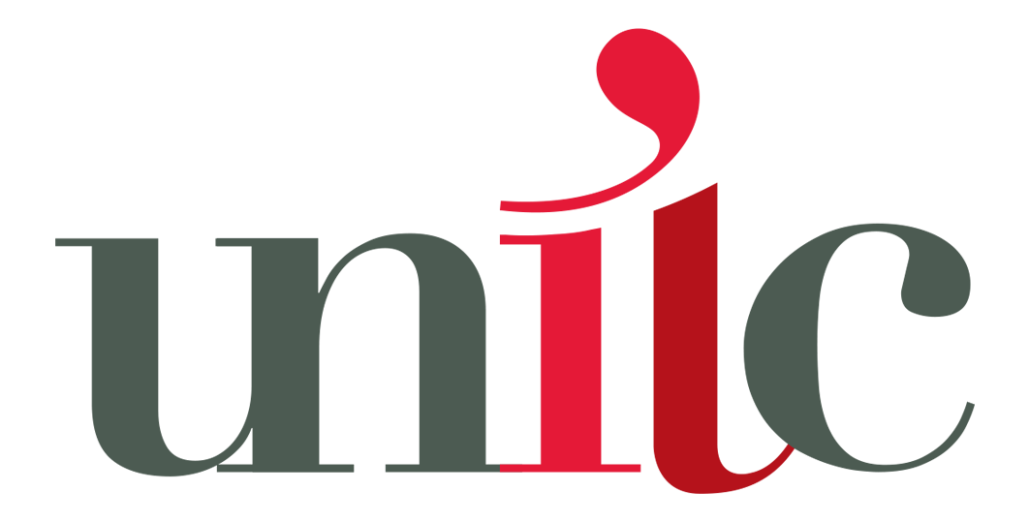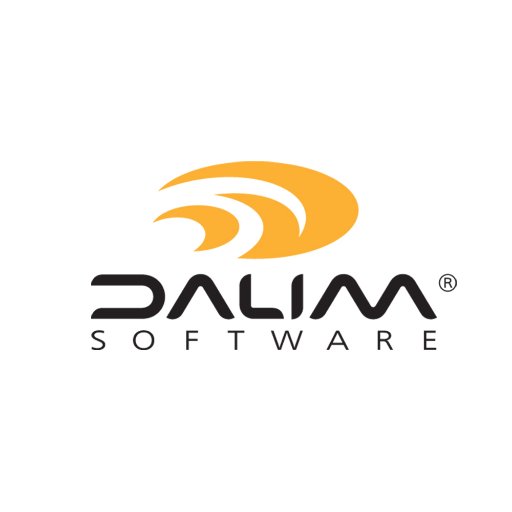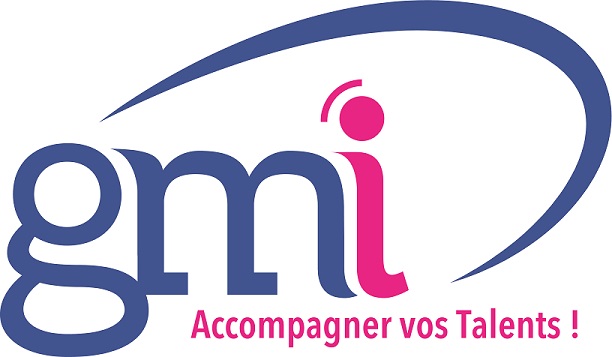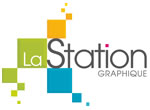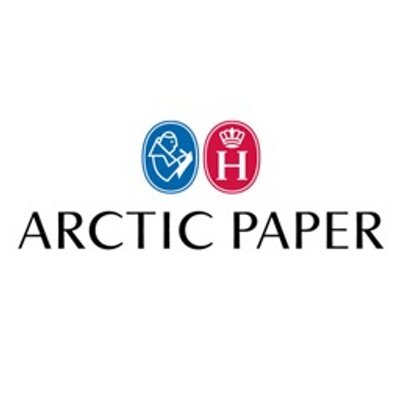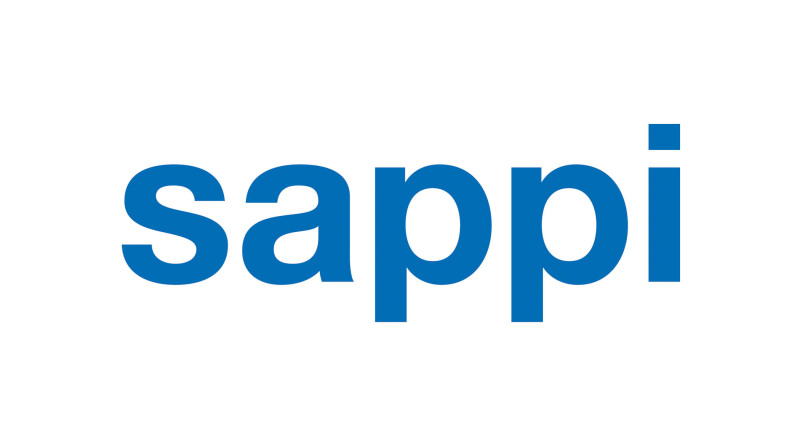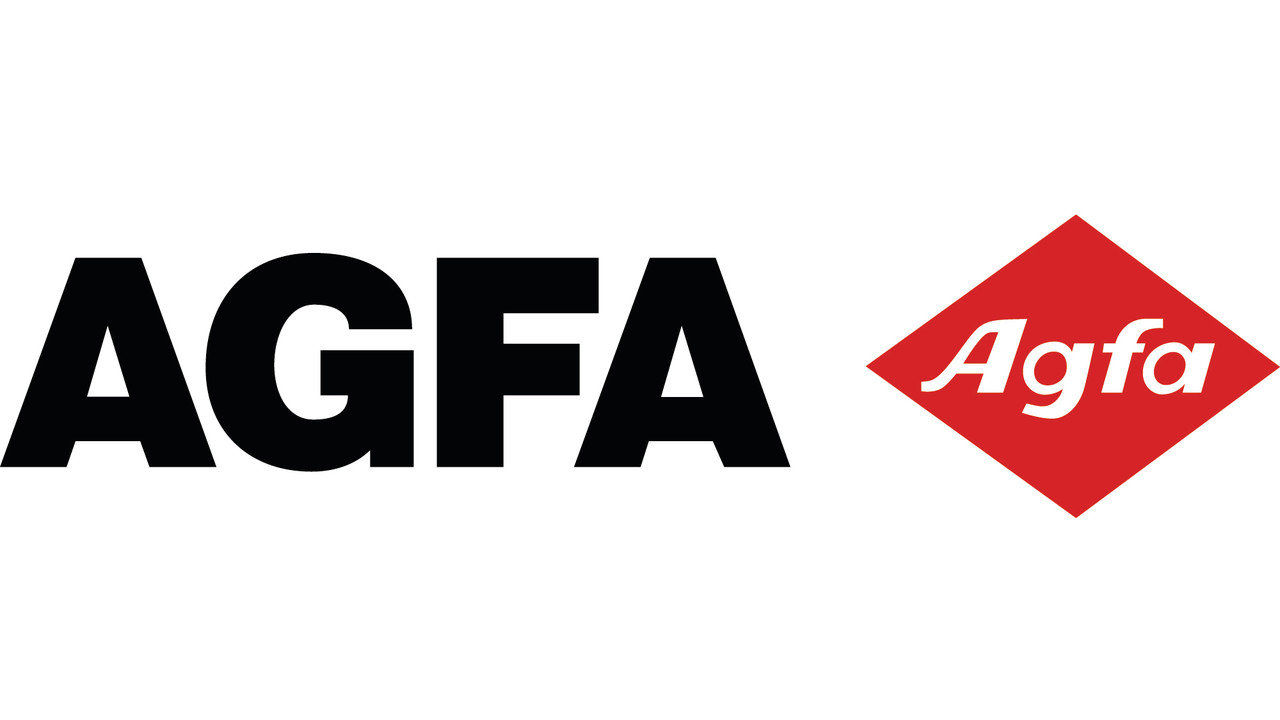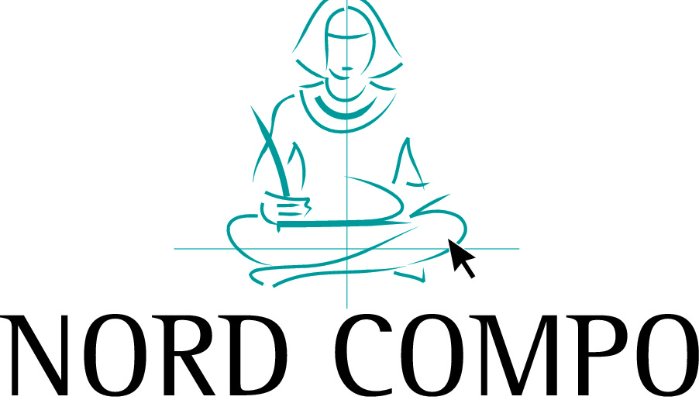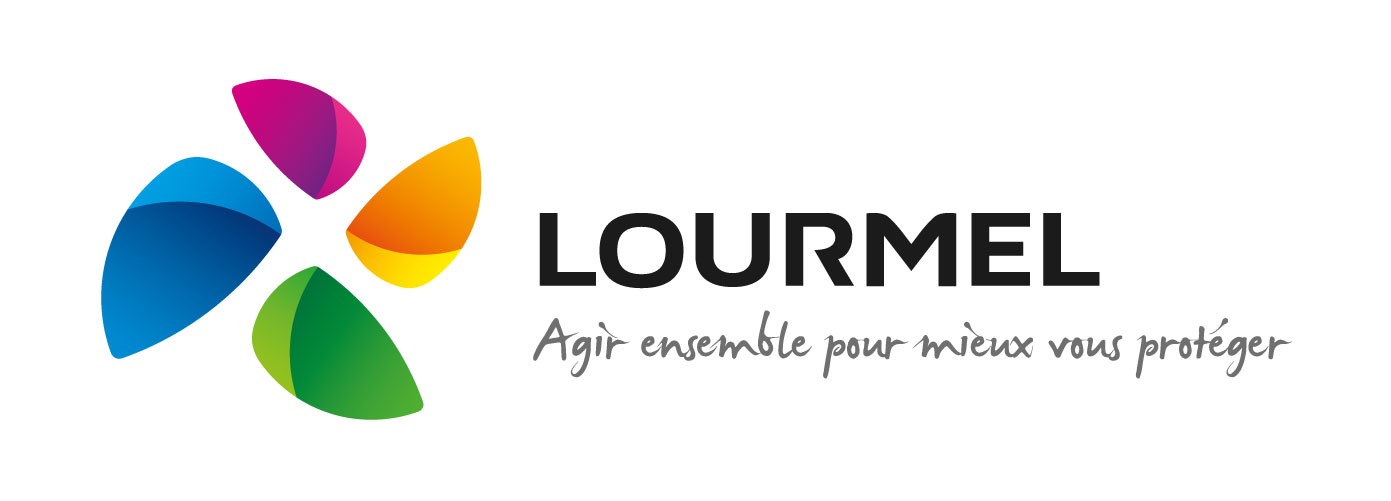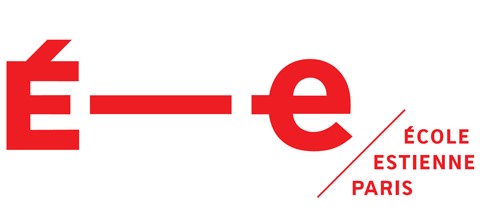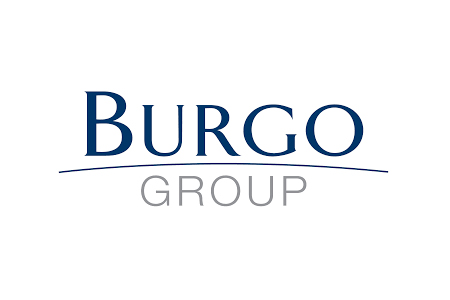Dans la perspective d’une nouvelle taxe à 25 % sur les importations de Chine, livres inclus, plusieurs représentants du milieu de l’édition ont exposé mardi leurs craintes au Bureau du représentant américain au commerce. La nouvelle taxe les obligeant à élever leurs prix, beaucoup d’éditeurs et de libraires pourraient être amenés à fermer boutique par manque de clients.
Demandant que la proposition de taxe à 25 % ne soit pas imposée sur les livres et articles culturels, la vice-présidente de l’Association of Américain Publishers, Lui Simpson, a rappelé que la majorité des éditeurs américains collaborent avec des imprimeurs chinois. Comme l’a rapporté Publishers Weekly, « la plupart des livres les plus techniques et innovants, et beaucoup de livres pour enfants, ne peuvent être imprimés qu’en Chine ».
La présidente de l’AAP a aussi remarqué qu’une taxe sur les livres aurait peu d’effet sur la stratégie de déstabilisation opérée par le gouvernent de Donald Trump, le secteur de l’imprimerie n’étant pas une priorité pour le gouvernement chinois.
Au-delà de l’aspect économique, les éditeurs tirent la sonnette d’alarme, qualifiant la taxe « d’impact négatif sur la santé économique de l’industrie du livre – mais aussi sur les lecteurs, petits et grands » (formule de Jamie Fiocco, libraire et présidente de l’American Booksellers Association). L’inaccessibilité des livres découlerait sur une restriction de la diffusion des savoirs et de la diversité culturelle : « Il est difficile d’imaginer ce que nous aurons à gagner d’imposer cette nouvelle taxe sur les livres, alors que tant d’éditeurs américains et leurs clients, et de lecteurs américains – sans oublier les voix qui façonnent l’enseignement, la religion, l’histoire et la culture aux États-Unis – en souffriront des conséquences, » selon Lui Simpson.
D’autres acteurs du milieu du livre ont été invités à témoigner le 25 juin prochain lors d’une seconde audience publique.
The Book Industry Speaks Out Against China Tariffs
Five members of the book publishing and bookselling industry appeared Tuesday at hearings being conducted by the U.S. Trade Representative over the Trump administration’s proposal to impose a 25% tariff on $300 billion of goods imported from China, including books.
The representatives at the public hearing emphasized a number of reasons why books should be excluded from the tariffs, arguing that because publishers and booksellers operate on thin margins, the imposition of tariffs would almost certainly lead to higher book prices for consumers and could force some bookstores and publishers out of business.
One the point stressed by speakers is the fact that many American publishers (thanks to various ways the business has evolved in the last 30 years) have no choice but to use Chinese printers. American publishers do use U.S. printers wherever possible, explained Lui Simpson, v-p of global publishing for the Association of American Publishers, but, she noted, « many of the most technically complex and innovative books, including many children’s books, can only be printed in China.”
Workman CEO Daniel Reynolds hammered home the point about the reliance of publishers, particularly children’s publishers, on China. “Today nearly three-quarters of our catalog consists of four-color books, board books, and other types of unusual books that cannot be printed in the United States, due to lack of a trained workforce and capacity,” he explained.
Simpson also brought up the point that, because books help spread ideas and American values, they have typically been exempt from tariffs. The Chinese tariffs, she said, “would upend decades-long U.S. policy of not imposing barriers to the importation of educational, scientific, and cultural material. »
Tariffs would also have a ripple effect on booksellers, as Jamie Fiocco, president of the ABA and owner of Flyleaf Books in Chapel Hill, N.C., explained. Because independent bookstores operate on “the thinnest of margins, » she said, price increases on books due to tariffs could have a « negative impact on the fiscal health of the bookselling world — and on readers young and old. »
She also warned of longterm consequences for the book industry if tariffs are imposed. “Tariffs on book titles would impose significant and unwarranted roadblocks on creating a vibrant, diverse children’s book section: she said, suggesting that the inability for young readers to buy an array of titles « will unquestioningly have long-ranging impact on future readers,” she said.
Simpson also made some strategic points, noting that printing is a legacy industry in China and not a priority of the Chinese government so that placing tariffs on books would have little influence over Chinese government officials in the trade talks with the U.S. « It is hard to see any gain from tariffs on books, while the harm to American publishers, their customers, and American readers — as well as the American voices that are so important to education, religion, history, and culture — would be devastating,” Simpson said.
Other speakers at Tuesday’s hearings were Mark Schoenwold, president and CEO of HarperCollins Christian Publishing, and ECPA president Stan Jantz.
Madeline McIntosh, CEO of Penguin Random House US, is still set to testify, along with G. Paul Hendrickson of Hendrickson Publishers, and George Dick, president of Four Colour Print Group. The hearing on the tariff question is set to run through June 25, with representatives from dozens of companies and industries speaking against the tariffs.
Lire : Publishers Weekly du 19 juin
